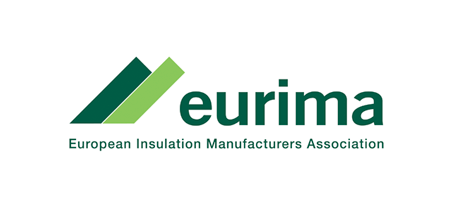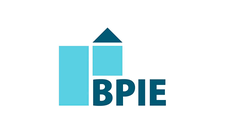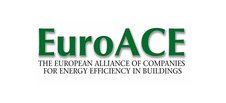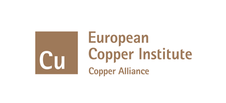Search eceee proceedings
Evidence, drivers and sources of distortions in the distribution of building energy ratings prior to and after energy efficient retrofitting
Panel: 8. Monitoring and evaluation: building confidence and enhancing practices
This is a peer-reviewed paper.
Authors:
Matthew Collins, Economic and Social Research Institute
John Curtis, Economic and Social Research Institute, Ireland
Abstract
Energy performance certificates provide a measure of and raise the awareness of the energy efficiency of homes. The implementation of an energy performance certification scheme with discrete rating thresholds may, however, provide some unintended consequences. We examine whether such a system has led to the distortion of energy ratings in Ireland which may portray homes as being more efficient than they actually are.
The Sustainable Energy Authority of Ireland (SEAI) operates a grant aid scheme to incentivise residential energy efficient retrofits known as the Better Energy Homes (BEH) scheme. Participating homes are required to undertake independent Building Energy Rating (BER) assessments prior to and after the completion of energy efficient work. This study analyses the distribution of pre- and post-works BERs among participant households, providing statistical evidence of distortions in the post-works distribution and in turn estimating the number of BERs which may have been distorted.
We find evidence of bunching at the more efficient side of thresholds of post-works BERs, while no evidence of bunching on the more efficient side was found among pre-works BERs. We estimate counter-factual distributions around each threshold to find that 4.7% of assessments may have been incorrectly assessed. We analyse whether the adjustment of BER assessments is a systemic issue and whether market forces provide an incentive to adjust assessments. We also examine potential sources of adjustment, finding discontinuities in the distribution of certain parameters coinciding with the areas where bunching is found to occur.
Downloads
Download this paper as pdf: 8-008-17_Collins.pdf
Download this presentation as pdf: 8-008-17_Collins_presentation.pdf
Panels of
1. Foundations of future energy policy
2. Policy: governance, design, implementation and evaluation challenges
4. Mobility, transport, and smart and sustainable cities
5. Buildings and construction technologies and systems
6. Buildings policies, directives and programmes
7. Appliances, products, lighting and ICT
8. Monitoring and evaluation: building confidence and enhancing practices























